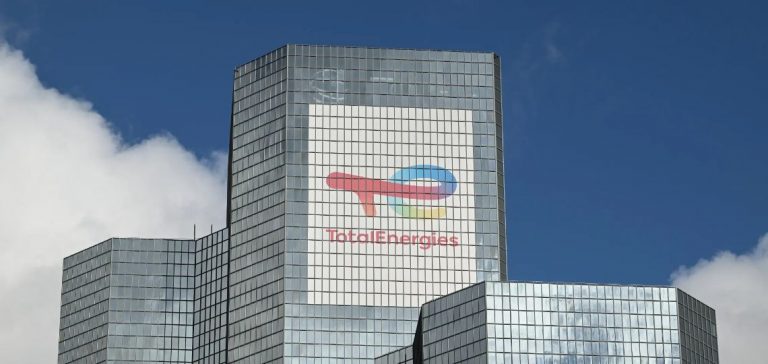TotalEnergies will continue to meet global oil demand, despite a future peak expected between 2030 and 2040, according to its CEO Patrick Pouyanné. In an interview with Les Echos, Pouyanné emphasized the need to maintain investments in the oil sector to avoid a surge in prices.
Currently, global oil demand continues to grow by about 1% per year, particularly under the influence of China. However, according to the CEO, this increase will not last, and the oil peak could be reached in the coming decades. “The oil peak will happen someday, likely somewhere between 2030 and 2040,” he stated.
Essential Oil Investments
Despite the prospect of future demand decline, Patrick Pouyanné believes it is crucial to continue investing in new oil fields. The natural production decline, estimated between 4% and 5% per year, necessitates these investments to stabilize global supply. “If we don’t invest, it’s not 100 dollars per barrel that we will reach; prices will skyrocket,” he justified.
Global investments in oil and gas exploration and production have already been reduced, dropping from 700 billion dollars in 2015 to 500 billion today, as a direct result of the energy transition. However, Patrick Pouyanné noted that the real decline in demand will allow for a natural reduction in investments, in line with the production drop.
Transition Towards Gas and Renewables
In this energy transition, TotalEnergies is also betting on gas and renewable energies. Gas, seen as a pivotal energy source for the future, and renewables like wind and solar power are increasingly becoming part of the company’s investments. “If oil was the great energy of the last century, gas and decarbonized electricity are at the heart of tomorrow’s energy system,” Pouyanné said.
However, the transition to these new energy sources will not be without cost. “Wind and solar are intermittent energies. They must be combined with nuclear, gas, batteries, grids… The more we integrate intermittent renewables, the more we complicate the energy system,” he added. This complexity translates into an increase in costs, which will be inevitable in the long term.
Acceleration of the Energy Transition
TotalEnergies, like other major energy groups, is committed to following the pace of the energy transition while meeting societies’ needs for affordable energy. According to Pouyanné, it is essential to evolve gradually to ensure a successful transition.
Companies primarily need cheap energy to support their development. TotalEnergies is therefore engaged in balancing investments in oil, gas, and renewable energies, while taking into account economic constraints.





















